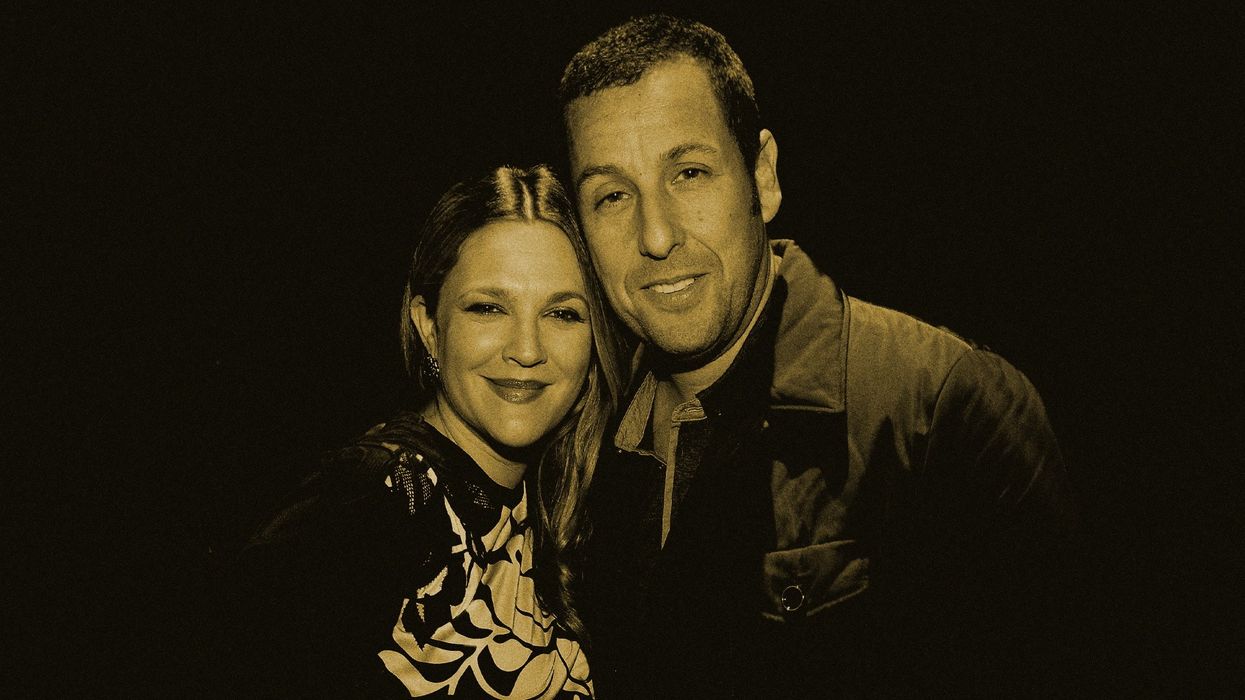
The Self-Growth Guide to Making Criticism Your Friend

The Self-Growth Guide to Making Criticism Your Friend
We need very strong ears to hear ourselves judged frankly, and because there are few who can endure frank criticism without being stung by it, those who venture to criticize us perform a remarkable act of friendship, for to undertake to wound or offend a man for his own good is to have a healthy love for him.- Michel de Montaigne
Constructive criticisms are pointed out only to correct your mistakes and help you to improve yourself.
Destructive criticisms, on the other hand, will only hurt you and damage your relations. It can make you feel low and can lead to anger or aggression.
An inability to handle criticism well can put you down emotionally and mentally, hampering your happiness and growth. That's why it's important to be able to distinguish constructive and destructive forms of criticism.
Criticism from a well-wisher
Criticisms that come from well-wishers like your parents, teachers, or friends are mostly constructive, as they think and advise with your welfare in mind. The foremost thing to remember when facing such criticism is that you are not perfect. You are a human being with both strengths and weaknesses, and the well-wishers in your life will want to help you understand and learn from your mistakes so you can grow as an individual.
Criticism from a non-well-wisher
Unfortunately, the world is not perfect. You might have experienced instances of being criticized by people who only want to bring you down. Facing criticisms from such people in a brilliant manner is a skill. The best way to handle such criticisms is to simply nod to them to show that you've heard what they had to say. There is no use in replying to them. It is futile to try and reason with them, as you would be wasting your time and energy.
Criticism from your colleague
If you have to face criticism from your colleague, first try to understand whether the criticism is fair. If it is reasonable, then meet up with your colleague personally so that things can work better in the future for the both of you. If he or she is making an unfair criticism, the best thing to do is to simply disregard it.
Criticism from your boss
Criticisms received at the workplace should not be taken personally or in a negative way. If you face criticisms from your top management for being disorganized, for instance, it doesn’t mean that they have personal issues with you. Take those positively for the sake of your growth in the organization and for the productivity of the firm. Try to understand what is being told and think whether the person has your best interests in mind.
Criticism from your spouse
Criticisms from your spouse can damage your relationship. Don’t criticize back when your spouse criticizes you as it will only lead to a fight. You can ask them to support you so you can work together to address any faults. Don’t forget to tell them that you always value their feelings.
If you are subjected to unfair criticisms, please do not overreact. If you feel that you are right, ask the critic calmly for further explanations. Try to show your point of view in a calm and logical manner, without being aggressive. Or just tell them you have noted the mistakes and will make an effort to ensure it is not repeated in future.
It is important to remember that if you are upset after getting a critical feedback, you mustn't react immediately. Just keep calm for a few minutes or give a smile and go for a walk or get engaged in an activity you like. It is also important to not let any unfair criticism damage your self-esteem or self-confidence.
Here is a quick list to refer to when you find yourself in a sensitive situation:
The dos and don'ts of facing criticism
Don’ts in facing criticism:
- Don't overreact
- Don’t try to find faults with the other person
- Don't try to prove that you are right
- Never take criticisms personally
Dos in facing criticism:
- Try to take criticisms positively
- Give a nod to the critic to show that you have understood your mistakes and will try not to repeat them
- Say thank you, if they have good intentions
- Work on the mistakes pointed out
The benefits of criticism
- Correcting your mistakes: You can get to know about your flaws and work towards correcting them. Criticisms are a form of feedback and it helps you become stronger as a person.
- Improving problem-solving skills: You will learn problem-solving skills like working on your weaknesses. This will help you avoid mistakes in the future.
- Improves relationships: Criticisms from well-wishers like your family or friends, when taken positively, can help strengthen the relationship between you and the critic.
- Inspire introspection: Listening to criticism makes you think twice about your work and behavior and helps you recognize unresolved issues. Receiving negative feedback will remind you that you are not perfect. It is natural for a human to make mistakes and to deal with it.
- Saves you time and errors: Constructive criticism can save you time and energy down the line by sparing you the burden of repeating your mistakes!
- Makes you a better person: On the whole, criticism can help you correct your mistakes, improve communication, and make you a stronger and a better person.
Positive and negative criticisms will help you grow in many ways, be it your confidence or your ability to solve problems. Constructive criticisms have to be taken in a positive way while destructive criticisms have to be taken lightly. The only thing you have to know is how to distinguish each, and how to deal with them all in a positive manner which will help you grow and improve as a person. For more resources on emotional growth, check out our piece on the wheel of emotions.
































